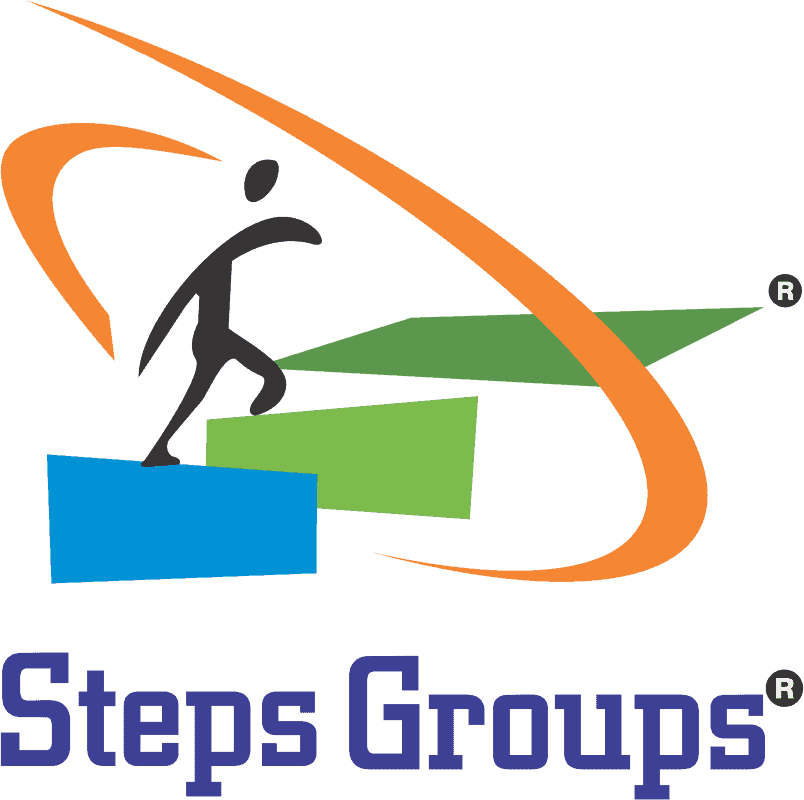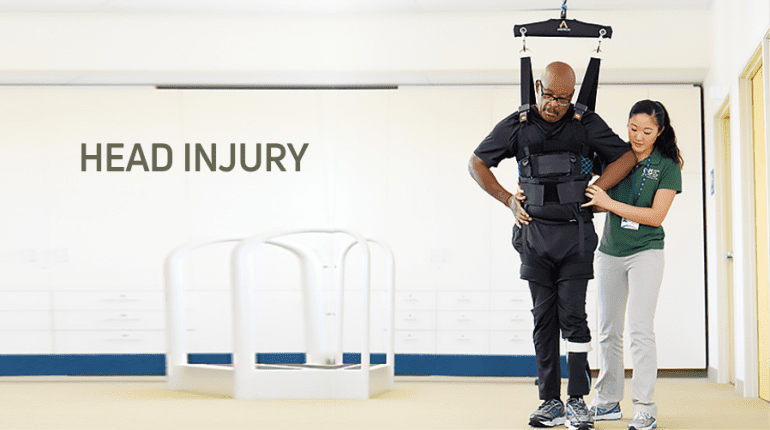Brain Injury
Brain Injury
The term head injury, brain injury or Acquired brain injury (ABI) is used to describe injury to the brain that occurs after birth. ABI comes in two forms:
(1) Traumatic brain injury (TBI) results from trauma to the head, commonly caused by road traffic accidents, falls, accidents at home, in work or from an assault.
(2) Non-traumatic brain injury does not result from physical force. Examples of causes of non-traumatic brain injury are poisoning, tumour, oxygen starvation from a heart attack or stroke, infections such as meningitis, or degenerative diseases such as Parkinson’s or Alzheimer’s.
- Common difficulties
The effects of a brain injury can be far reaching and the associated difficulties can be both physical and / or cognitive. Physical difficulties following a brain injury may include changes in muscle tone such as increased spasticity, speaking and understanding language, mobility, tremors or uncontrolled movements, seizures, fatigue. Cognitive difficulties can include short and long term memory loss, inability to organise and plan, difficulty expressing or controlling emotions, behavioural and personality changes, or challenges with motivation, concentration or problem solving.
Brain Injury Treatment
An occupational therapist can work independently or as part of a multi-disciplinary team to assess and treat a client following a brain injury. They will work with the client and their family to identify the areas of difficulty and how these are going to impact on their daily routine. Through setting realistic and achievable goals, the OT and client work together through the rehabilitation plan towards achieving the highest level of independence and ability possible. Below are some practical ways that an occupational therapist can help following a brain injury: Fatigue management plans to ensure that the client paces themselves to achieve their goals, memory strategies, community access support, to help the client use supermarkets, cinemas, gym, travel training, Techniques and activities around independence in daily activities such as washing and dressing or meal preparation etc.



